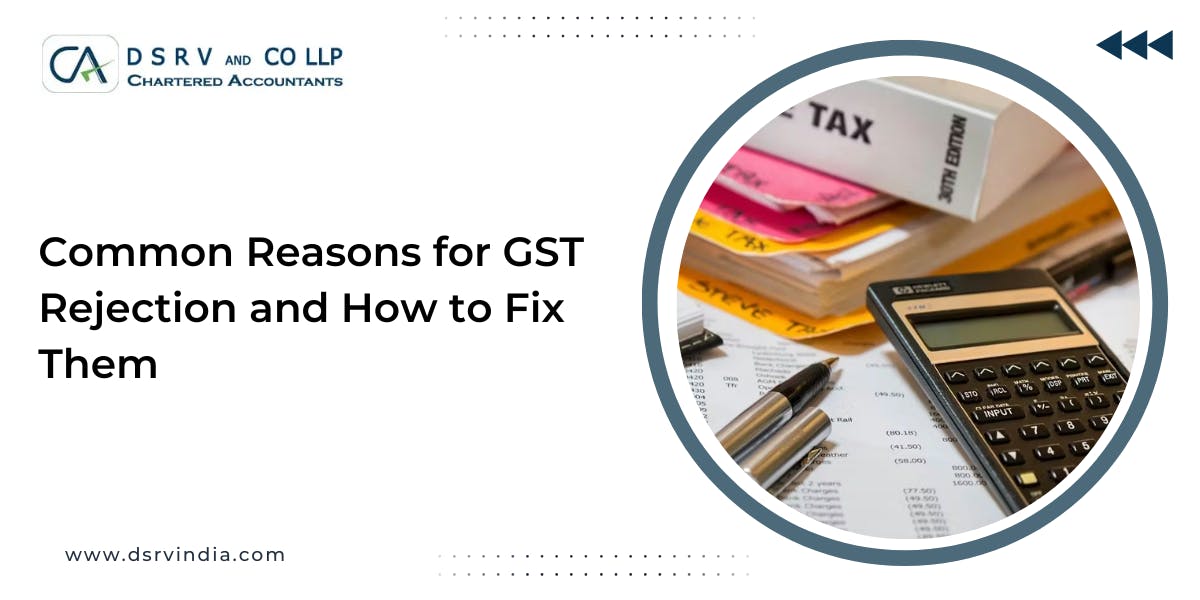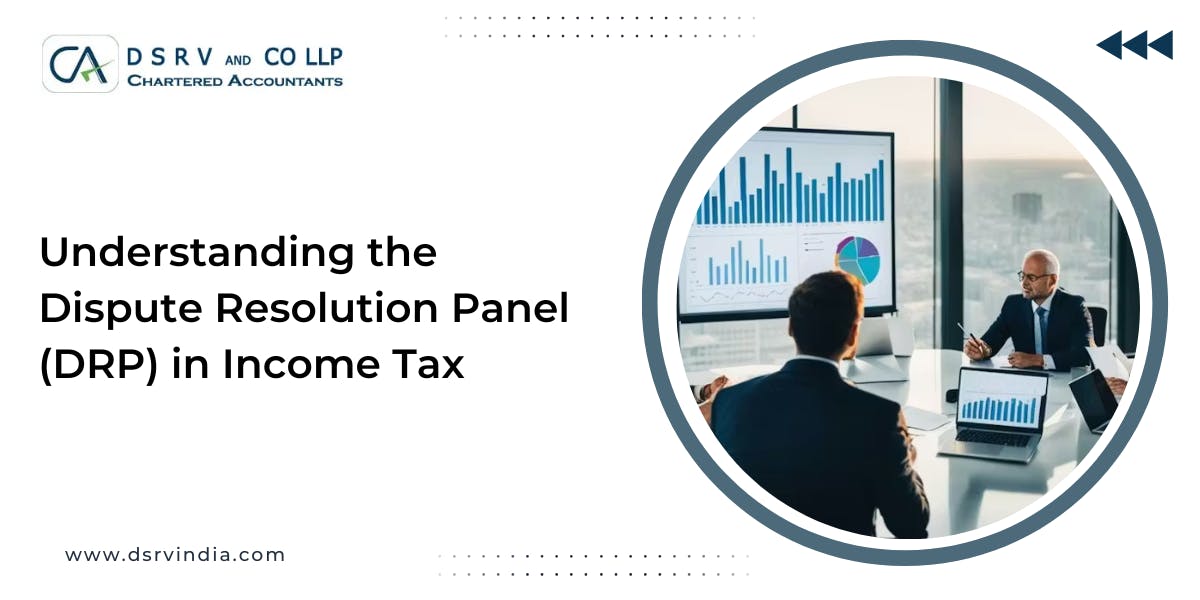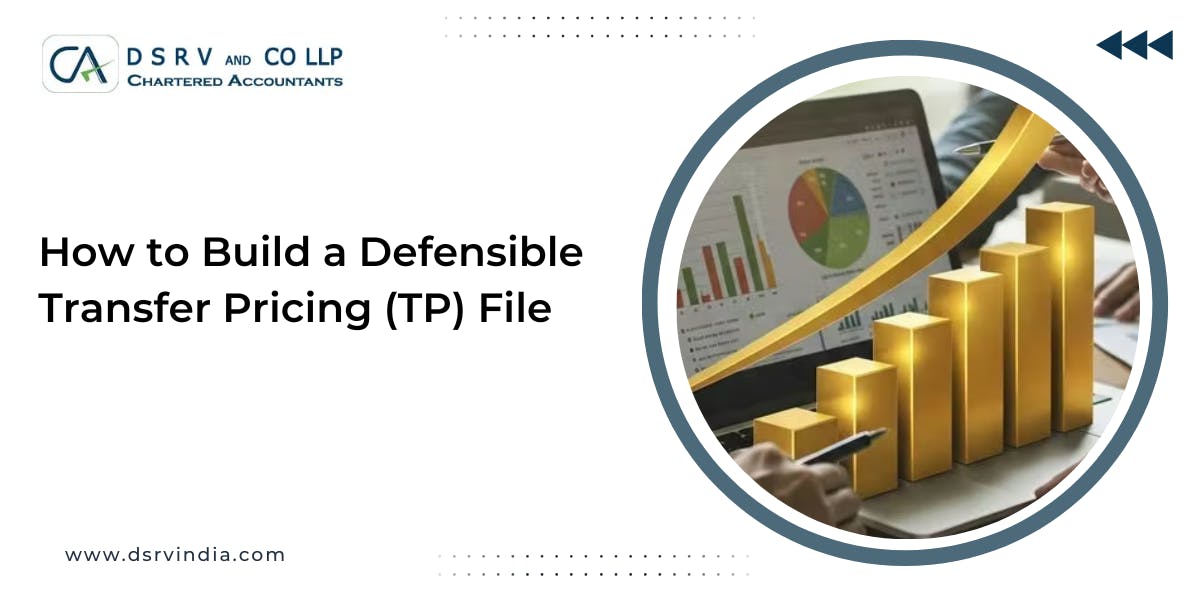How to Handle Inflated GST Tax Demands Step by Step
The good news is that inflated demands can be tackled effectively with the right approach.
The first step is to understand the notice. Read it carefully to see which section of the law has been applied. It could be about wrongful input tax credit, incorrect classification, or short payment. Once you know what the notice is about, you’ll know how to prepare your response.
Next, conduct an internal reconciliation. Match sales, purchases, invoices, and filings to spot mismatches. Double-check the tariff, the slab, and the actual tax rates you applied. This step alone helps many businesses uncover errors that caused the notice.
After that, prepare a strong written reply. Keep it factual and support it with documents like invoices, ledgers, and GST portal screenshots. If the error lies with the department, highlight that clearly. Avoid emotional language—facts work best.
If your reply is not accepted, don’t lose hope. You can appeal to the GST appellate authority, and if needed, escalate to tribunals or even High Courts. Many inflated demands have been overturned this way.
Finally, don’t hesitate to seek expert support. Engaging a GST consultant in Gurgaon or an experienced CA in Gurgaon adds weight to your case. Professionals know how to interpret the law, draft effective replies, and represent you before the authorities.
Recommended: Refund of GST on Export of Services: A Complete Guide [2025]









